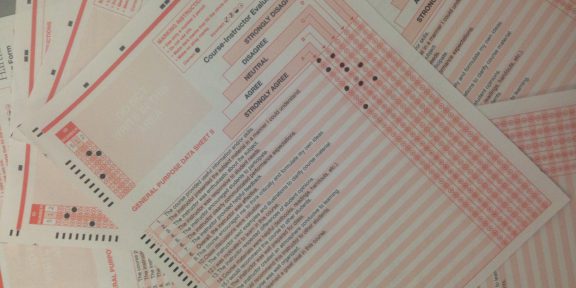Professor Sekou, Associate Professor of Political Science at the University, talked to STN about how much money if poured forth into the presidential campaigns.
“This time around with the presidential race we’ll probably see about five or six billion dollars pent once it all over”, Sekou explains. To date the Democratic Party has spent six hundred and fifteen million dollars while the republican have spent five hundred and thirty million towards the 2012 elections. During the 2008 presidential election, Obama’s campaign receipts totaled in at a whopping seven hundred and forty five million dollars.
Parties gain financial wealth from individuals, political action committees, and other groups. Political action committees can raise financial support for candidates and these committees and have a dangerous influence in the outcome of the election, and in some instances “they can spend independently of the candidate and if they spend independently of the candidate they can spend as much money as they want to, so literally billions of dollars can makes its way into our political system”, said Sekou.
While most American citizens are aware of the high costs politicians spend come election season, the exact number is unknown. What is known, is that many students on campus would rather see the money politicians spend on campaigns, go towards a better cause. Senior, Jackie Longo tells STN, that she would rather see politicians spend their money on a better cause instead of insulting the other candidate’s politics.
“I know a lot of political campaigns draw on money from private sector businesses and I don’t think that’s a very good system”, said Senior, Greg Flower. Flower elaborates by stating, “It’s not about how much they spend; it’s where the money is coming from”.
Many other students voiced they would like to see politicians more focused on gaining the interest of the younger population to vote, than argue about the other candidates politics. Last year only 50 percent of the younger population voted, and students stated that money should be spent on gaining young voters.

